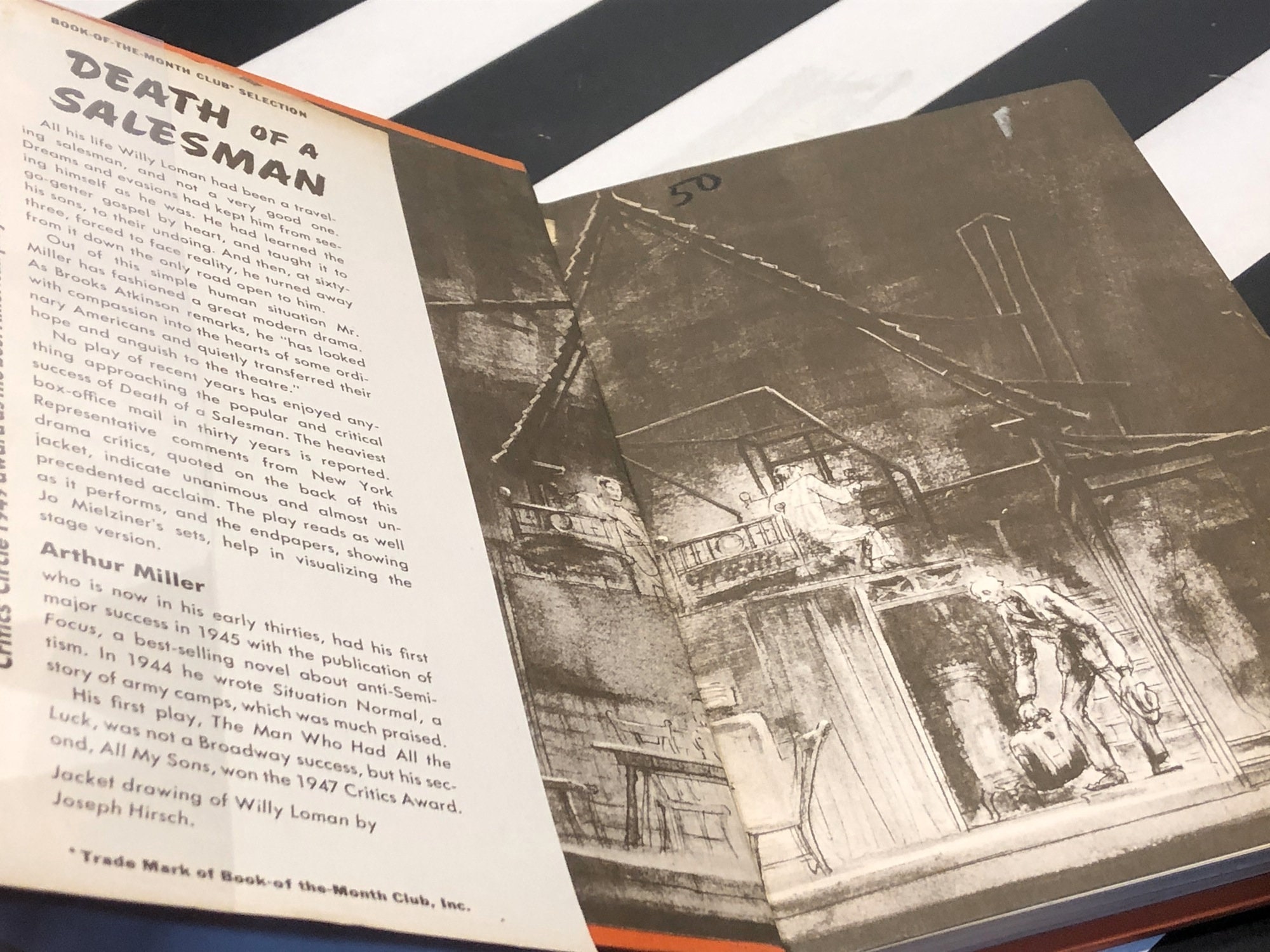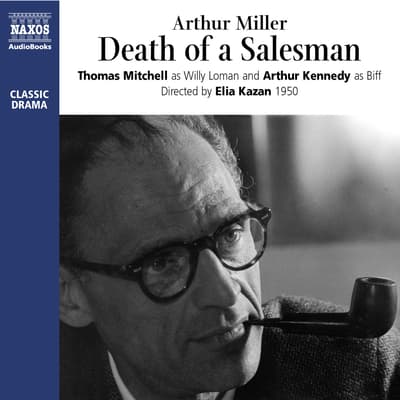
The show, which is being put on somewhere in the world almost every day of the year, celebrates its fiftieth anniversary next month with a Broadway revival from Chicago’s Goodman Theatre, directed by Robert Falls and starring Brian Dennehey as the fanatical and frazzled drummer Willy Loman.

“My eyes still burned and my throat was sore from talking it all out and shouting and laughing,” he later wrote in his autobiography, “Timebends.” In one day, he had produced, almost intact, the first act of “Death of a Salesman,” which has since sold about eleven million copies, making it probably the most successful modern play ever published. I could hear them, literally.” When Miller finally lay down to sleep that first night, he realized he’d been crying. “I started in the morning, went through the day, then had dinner, and then I went back there and worked till-I don’t know-one or two o’clock in the morning,” he says. As he sat down to it his tools and nails were still stashed in a corner of the studio, which was as yet unpainted and smelled of raw wood. Miller had fashioned a desk out of an old door. “And indeed I started on a morning in spring. “I kept saying, ‘As soon as I get the roof on and the windows in, I’m gonna start this thing,’ ” he recalls. I can’t speak.’ ” As he worked away on his cabin, he repeated the play’s two lines like a kind of mantra. It’s like an actor saying ‘It’s all right.

I came back”-words that to Miller spoke “the whole disaster in a nutshell.” He says, “I mean, imagine a salesman who can’t get past Yonkers. Miller had a play in mind, too his impulse for the cabin was “to sit in the middle of it, and shut the door, and let things happen.” All Miller knew about his new play was that it would be centered on a travelling salesman who would die at the end and that two of the lines were “Willy?” “It’s all right. “I had never built a building in my life.” “It was a purely instinctive act,” Miller, who long ago traded up from that first forty-four-acre property to a four-hundred-acre spread on Painter Hill, a few miles down the road, told me recently. On a crisp April weekend in 1948, Arthur Miller, then only thirty-three and enjoying the first flush of fame after the Broadway success the previous year of “All My Sons,” waved goodbye to his first wife, Mary, and their two young kids, in Brooklyn, and set off for Roxbury, Connecticut, where he intended to build a cabin on a hillock just behind a Colonial house he had recently purchased for the family, which stood at the aptly named crossroads of Tophet (another name for Hell) and Gold Mine.


 0 kommentar(er)
0 kommentar(er)
